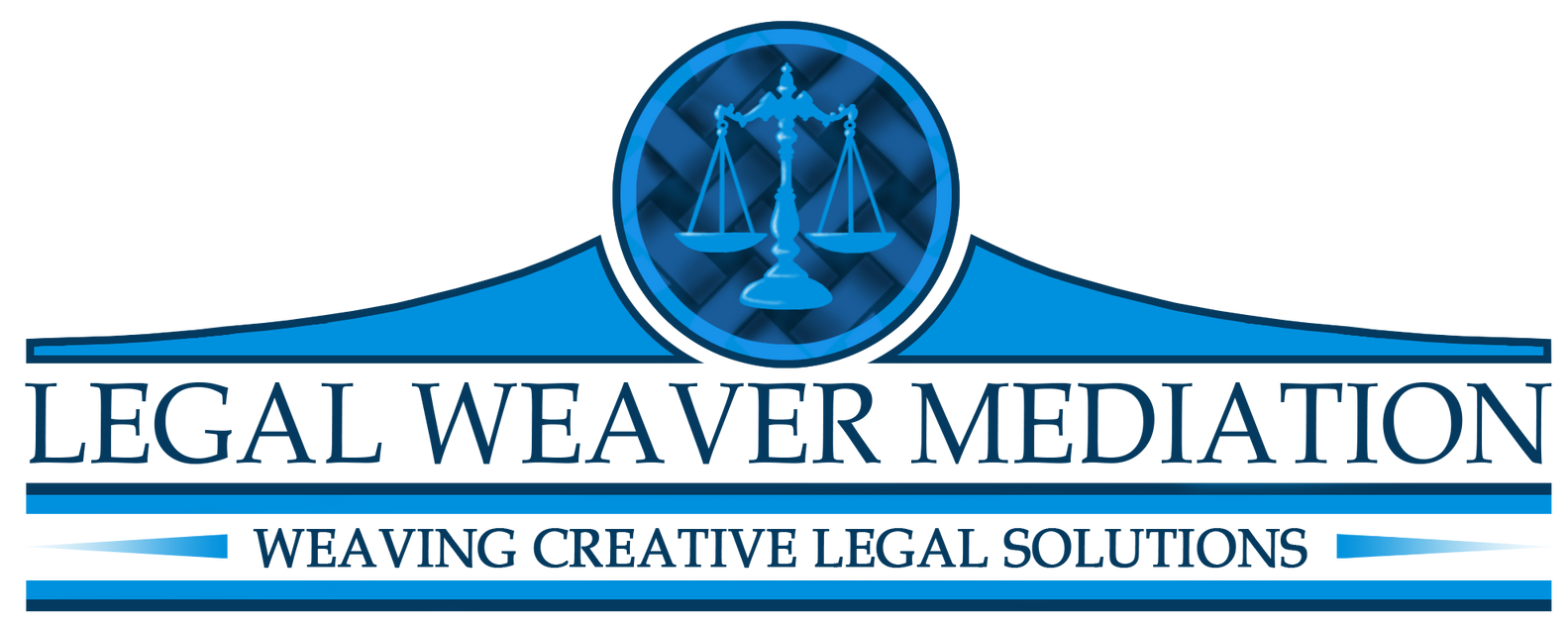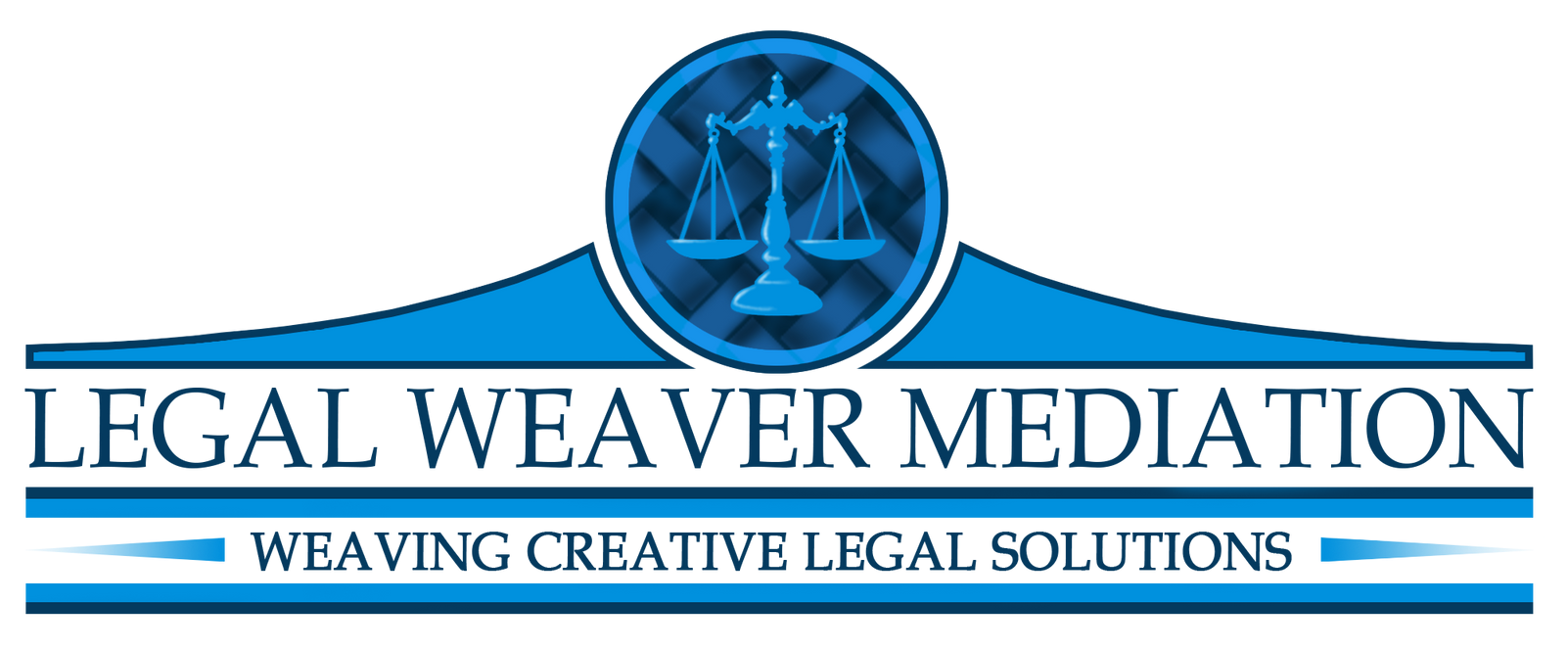Oct 08 2025 15:00 | Nicole Weaver
How to Prepare for a Mediation Session: Your Essential Checklist
Mediation is often one of the most effective ways to resolve disputes without the stress, cost, and uncertainty of litigation. Whether your case involves a business conflict, family matter, or workplace dispute, preparation is the key to making your mediation session successful. This essential checklist will help you feel confident, organized, and ready to make the most of your mediation experience.
Why Preparation Matters in Mediation
Mediation is designed to encourage communication and collaboration between parties. Unlike court, mediation gives you more control over the outcome. However, to get the most from the process, it’s important to come prepared. Proper preparation:
-
Clarifies your goals and priorities.
-
Helps you gather the right documents and evidence.
-
Reduces stress by giving you a clear plan.
-
Increases the chances of reaching a fair settlement.
Step 1: Understand the Mediation Process
Before your session, familiarize yourself with how mediation works. A neutral mediator will facilitate discussions between both sides, encouraging compromise and problem-solving. The process is confidential, flexible, and often less adversarial than going to court.
Step 2: Define Your Goals and Priorities
Ask yourself: What outcome do I want? Write down your main objectives and any areas where you’re willing to compromise. Having clarity around your goals will keep you focused during discussions and prevent you from making rushed decisions.
Step 3: Gather Important Documents
Bring all necessary records, contracts, communications, and supporting evidence related to your dispute. Organized documentation shows that you’re prepared and serious, while also giving the mediator and other party a clear picture of the facts.
Step 4: Consult With Your Attorney
Even though mediation is less formal than court, legal advice is still valuable. Your attorney can help you understand your rights, evaluate settlement options, and prepare negotiation strategies. If you don’t have an attorney present, consider scheduling a consultation beforehand.
Step 5: Practice Effective Communication
Mediation is all about dialogue. Stay calm, respectful, and open to listening. Practice expressing your concerns clearly without being defensive. Strong communication increases the chance of finding common ground.
Step 6: Plan Logistical Details
Simple but important: confirm the date, time, and location of your mediation session. If it’s virtual, test your technology in advance to avoid interruptions.
Mediation Preparation Checklist
Here’s a quick summary you can use as a reference:
-
✅ Learn how the mediation process works
-
✅ Identify your goals and areas for compromise
-
✅ Organize all relevant documents
-
✅ Seek legal advice or guidance
-
✅ Prepare to communicate respectfully
-
✅ Confirm logistics and test technology
Final Thoughts
Mediation is a powerful tool for resolving disputes, but your success depends on preparation. By following this essential checklist, you’ll walk into your mediation session with confidence, clarity, and the ability to negotiate effectively.

